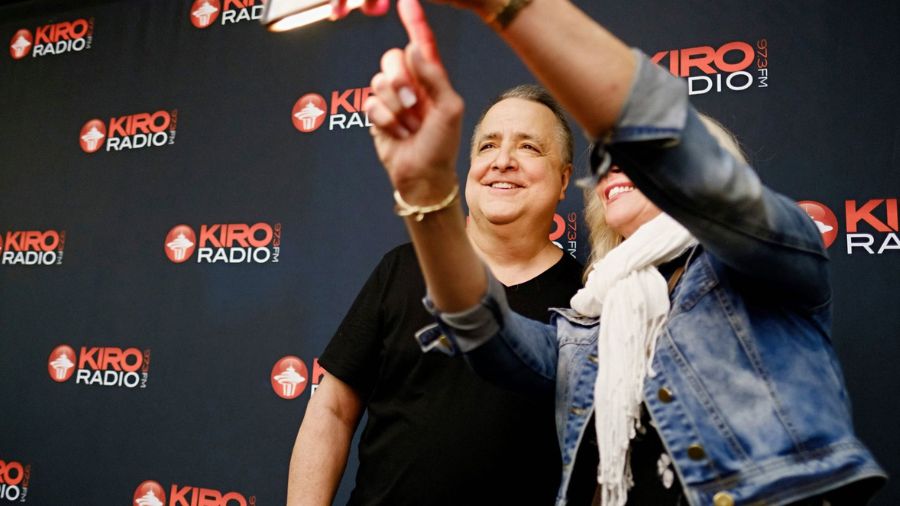Court battle over newly-passed capital gains tax could rewrite Washington’s tax code
Apr 26, 2021, 4:19 PM | Updated: Apr 27, 2021, 11:27 am

(Photo by Tim Boyle/Getty Images)
(Photo by Tim Boyle/Getty Images)
The Washington Legislature approved a 7% capital gains tax over the weekend, setting the stage for what’s sure to be drawn-out court battle over whether or not the tax is legal under the state’s constitution.
State lawmakers OK controversial capital gains tax
SB 5096 would impose a 7% tax on capital gains above $250,000 for all to bring in an estimated $415 million in 2023, its first year. The text of the bill describes it as an excise tax on the sale of stocks, bonds, and other assets above $250,000, excepting real estate and family-owned small businesses.
While supporters of the bill have touted it as a necessary step toward balancing Washington’s tax code, opponents have argued that it’s a poorly-disguised income tax, and as such, isn’t legal.
“Their own bill says this tax applies not to sales, but to the income reported to the IRS on your federal income tax return for capital gains — that’s what the bill says,” Washington Policy Center Director Jason Mercier told KIRO Radio’s Dori Monson Show. “This is why every state in the country, the Congressional budget office, the IRS, and every tax professional will tell you the same thing: Capital gains are income, and taxes on them are income taxes.”
That’s also based on a landmark 1936 case, in which the state Supreme Court ruled the state constitution required all property to be taxed at the same rate. The court said income counted as property, striking down a graduated income tax rate earlier approved by voters.
So, why did Washington lawmakers pass the tax in the first place? Mercier believes that the bill was actually designed to be challenged in court, in a bid to see that precedent overturned.
“What’s the goal of this? Well, we know from public records, the goal of this is to set up a lawsuit, which they’re about to get,” he described. “They’re doing this because they want to see if the Supreme Court will overturn numerous rulings saying that you own your income.”
“If that happens, then there can be a broad based graduated income tax without a constitutional amendment, something the voters have already rejected six times,” he added.
As for whether or not the state Supreme Court will rule in favor of the tax, that much is unclear. “Anything is possible,” Mercier notes, while also pointing out how that very same court would have to overturn “the plain language of Washington’s constitution adopted by voters in 1930.”
Washington Rep: Capital gains tax is just ‘parity in the tax code’
In a March editorial for The Seattle Times, though, University of Washington law professor Hugh Spitzer argued that the bill clearly presents itself as an excise tax on the “voluntary activity” of selling an asset, “rather than a tax on the asset itself.”
Because of that, he believes that there’s a high likelihood the state Supreme Court will interpret it the same way, and that anyone seeking to challenge it on the grounds that it’s actually an income tax “should be careful about what they wish for.”
According to Spitzer, the end result could be twofold: A victory for the capital gains tax, and a ruling that eventually paves the way for an income tax in Washington state.
Even so, Mercier plans to lend his support to a legal challenge that he says will take shape “in the coming weeks,” vowing “with 100% certainty” that a lawsuit will eventually be filed in state court.
Listen to the Dori Monson Show weekday afternoons from noon – 3 p.m. on KIRO Radio, 97.3 FM. Subscribe to the podcast here.













